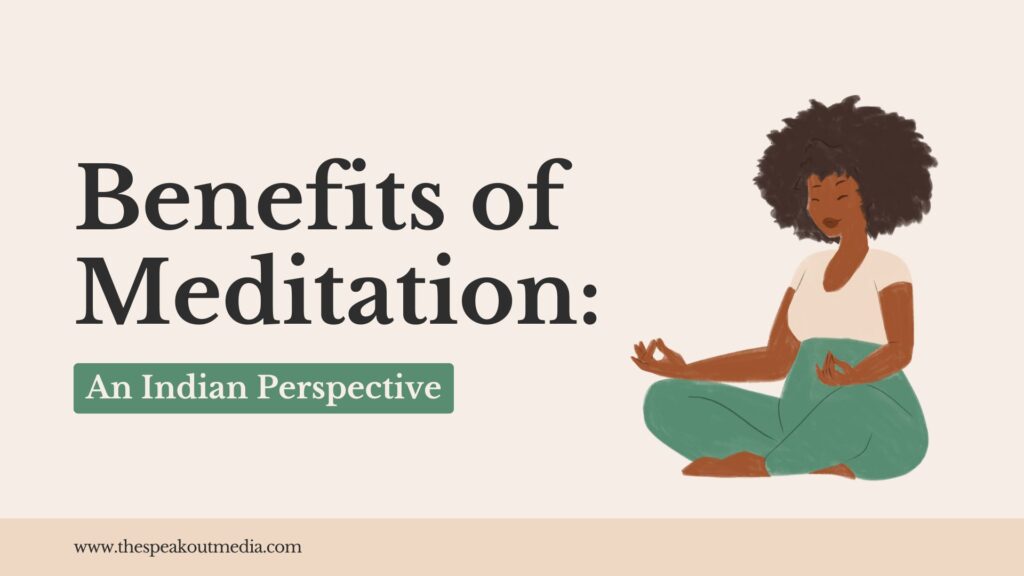Meditation has been an integral part of Indian culture for thousands of years, rooted in ancient traditions such as Yoga and Vedanta. India, often referred to as the spiritual hub of the world, has given rise to numerous meditative practices that promote inner peace, mental clarity, and holistic well-being. In the modern era, the relevance of meditation has only grown, as it offers a solution to the stress and anxiety prevalent in today’s fast-paced life. Let us explore the various benefits of meditation from an Indian perspective.
1. Spiritual Growth and Self-Realization
In Indian philosophy, meditation is considered a path to self-realization and spiritual enlightenment. The Bhagavad Gita, Upanishads, and Patanjali’s Yoga Sutras emphasize Dhyana (meditation) as a means to connect with the higher self. Meditation helps individuals transcend material distractions and attain a deeper understanding of their true nature.
2. Mental Clarity and Emotional Stability
Meditation calms the mind and helps in managing emotions effectively. Ancient Indian sages recognized the power of a steady mind in achieving success and happiness. Practices like Vipassana, Pranayama, and Transcendental Meditation are known to reduce stress, enhance focus, and promote emotional balance.
3. Health and Well-being
Ayurveda, the traditional Indian system of medicine, acknowledges meditation as a tool for maintaining physical health. Scientific studies have shown that regular meditation can reduce blood pressure, strengthen the immune system, and lower the risk of cardiovascular diseases. The practice of mindfulness and controlled breathing (Pranayama) helps in regulating bodily functions and improving overall health.
4. Enhanced Concentration and Productivity
Indian traditions highlight the importance of meditation in sharpening the intellect and improving concentration. Students and professionals can benefit greatly from meditation, as it enhances memory retention, cognitive abilities, and decision-making skills. Techniques like Trataka (focused meditation) and Japa (mantra chanting) are widely used to boost mental faculties.
5. Harmonizing Mind, Body, and Soul
Meditation aligns the mind, body, and soul, fostering inner harmony. Practices such as Kundalini meditation and Chakra meditation help in balancing the energy centers in the body, leading to enhanced vitality and spiritual awareness. This holistic approach to well-being has been a cornerstone of Indian yogic traditions.
6. Reduction of Stress and Anxiety
In today’s fast-paced world, stress and anxiety have become common challenges. Indian meditation techniques like Anapanasati (mindful breathing) and Yoga Nidra (yogic sleep) aid in relaxation and stress relief. These techniques help the practitioner stay grounded and cultivate a positive outlook on life.
7. Cultural and Social Benefits
Meditation fosters a sense of community and social harmony. Indian spiritual traditions emphasize collective meditation in temples, ashrams, and yoga centers, promoting a shared sense of peace and unity. Many Indian festivals, such as Mahashivaratri and Buddha Purnima, celebrate meditation as a means of attaining higher consciousness.
Conclusion
Meditation is a timeless practice that continues to benefit individuals in multiple ways. From enhancing mental clarity to improving physical health and fostering spiritual growth, the Indian perspective on meditation offers a holistic approach to well-being. As more people across the world embrace meditation, its profound impact on human life becomes increasingly evident. Integrating meditation into daily life can lead to a more balanced, peaceful, and fulfilling existence.

